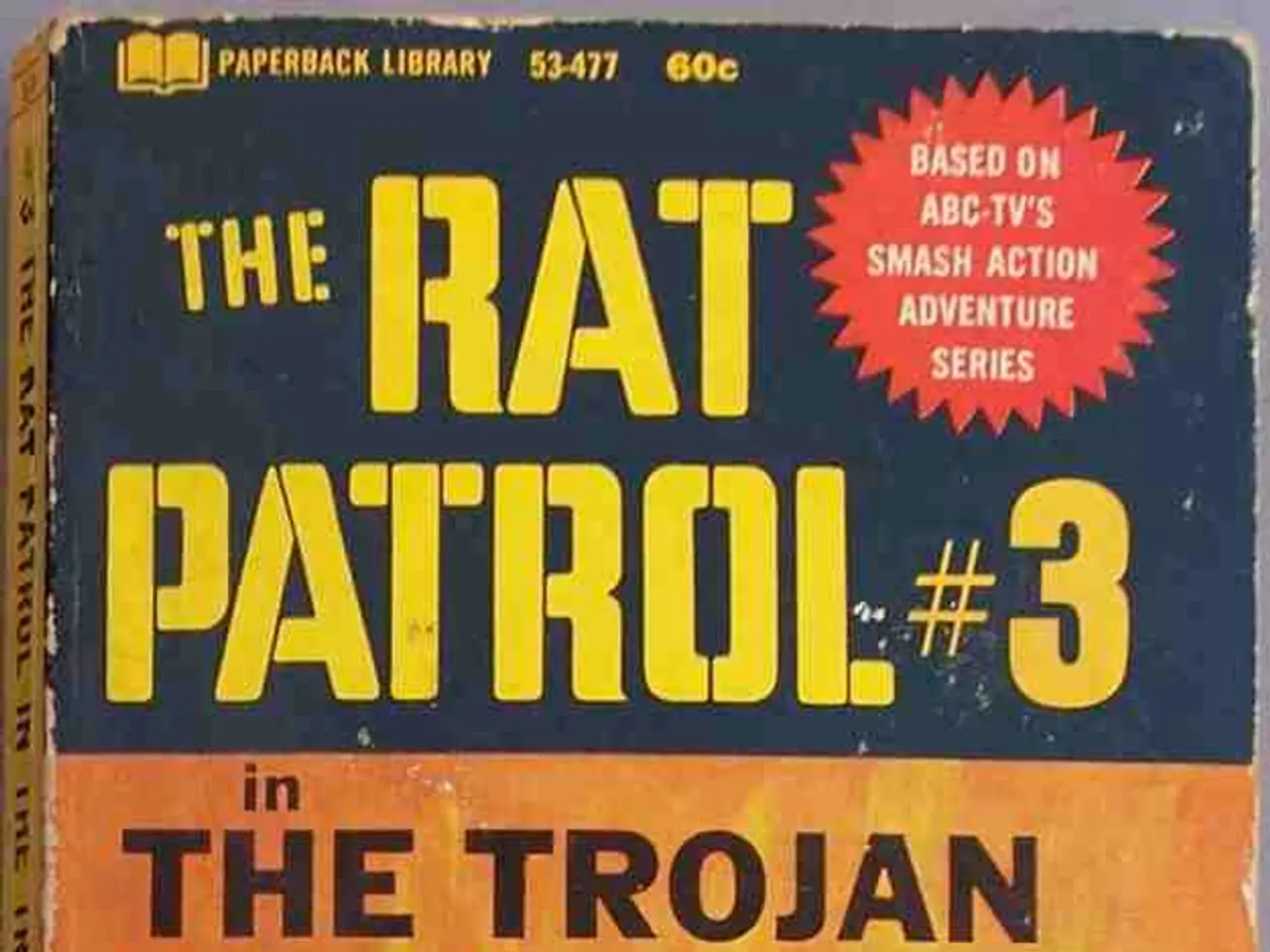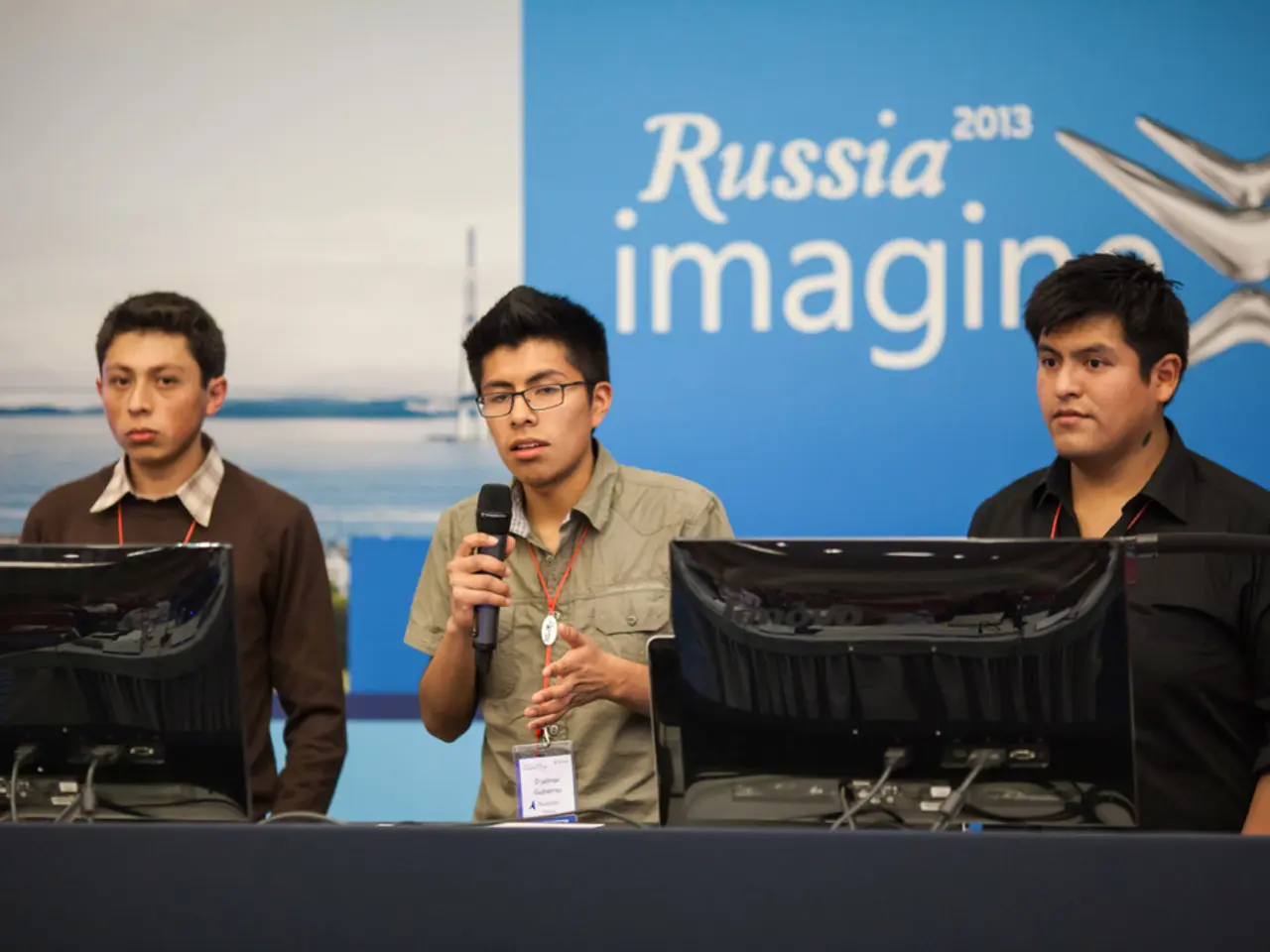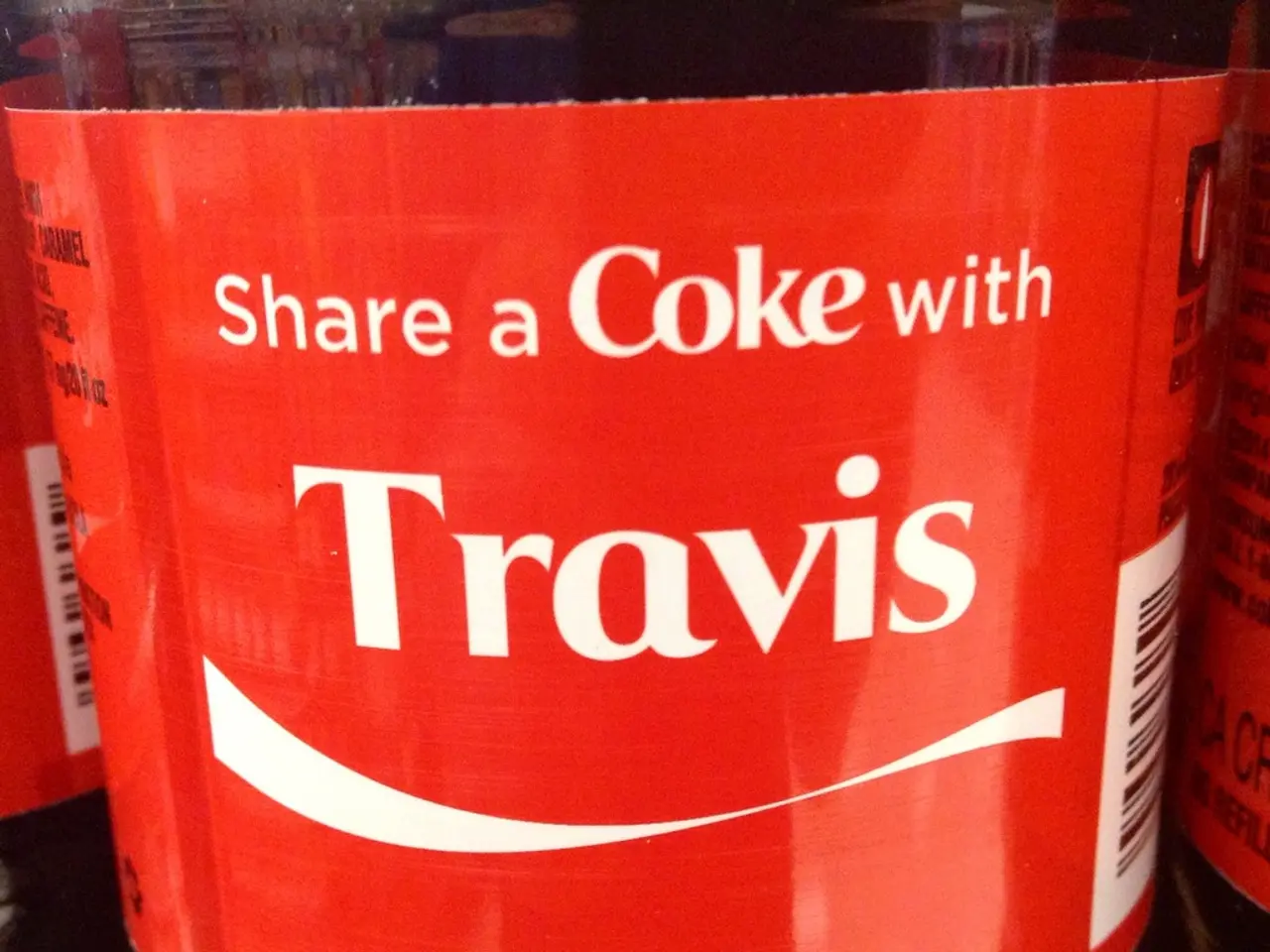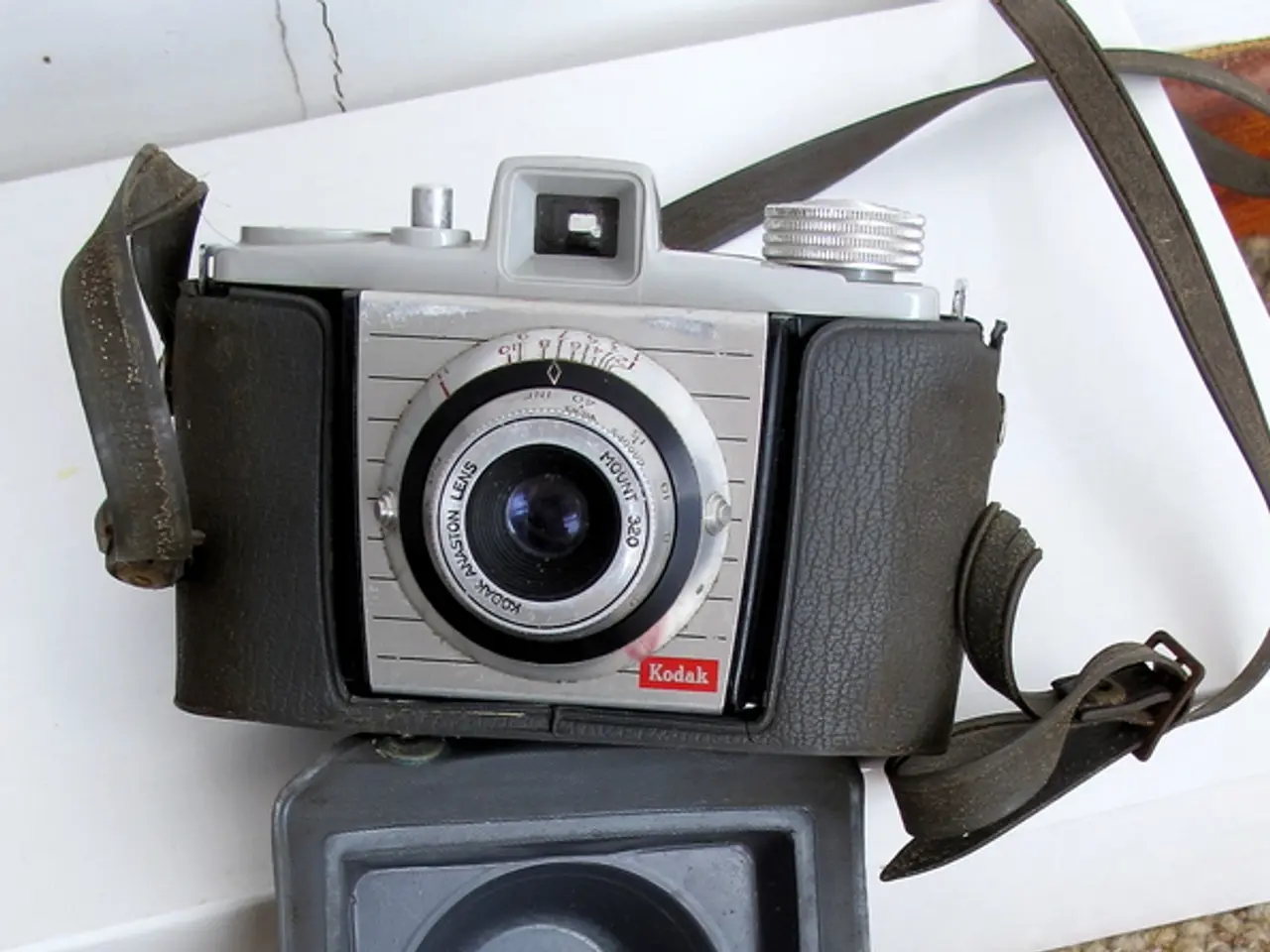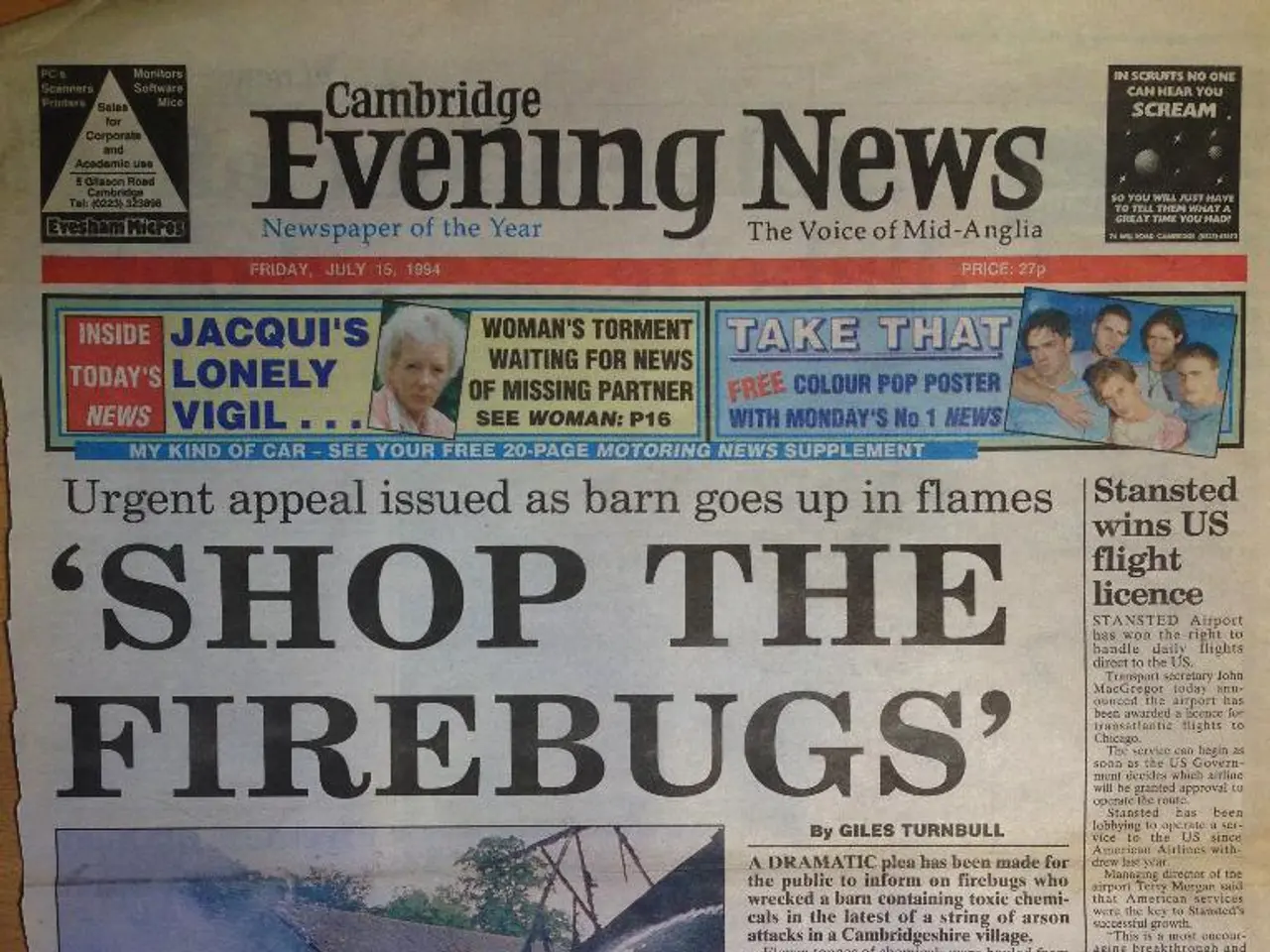Crimea's Location Reinforced by Latvia as Part of Ukraine
In the face of ongoing conflict between Ukraine and Russia, Latvia has taken a clear stance, firmly backing Ukraine's freedom, independence, and territorial integrity within its internationally recognised borders. This stance is particularly evident in Latvia's response to the illegal referendums held in Crimea and Sevastopol in March 2025, which saw these regions vote to join the Russian Federation.
Latvian President Edgars Rinkēvičs and other officials have been vocal in their condemnation of Russia's actions, viewing them as a breach of the international order based on the United Nations Charter. They argue that Russia's aggression against Ukraine undermines the principles of peace and security by using force to redraw borders.
Latvia sees Russia as a long-term threat to European security and calls for continued international sanctions and economic pressure on Russia to prevent further aggression. The Latvian government emphasises that peace efforts must not reward or encourage further aggression by Russia, and stresses the importance of limiting Russia's income and access to technology as key to achieving a lasting peace.
The Latvian government also condemns war crimes, human rights violations, forced displacement and deportations of Ukrainian civilians, including children, to Russian territory. They condemn the persecution of and discrimination against Ukrainians and Crimean Tatars by Russia, viewing these actions as gross violations of international law.
In line with the broader international community, Latvia supports multilateral international efforts to defend the UN Charter principles, to maintain Ukraine’s sovereignty and territorial integrity, and to support Ukraine politically, financially, militarily, and humanitarianly. The OSCE Parliamentary Assembly and the UN General Assembly have unanimously condemned Russia's war of aggression, demanding immediate withdrawal of Russian forces from Ukraine and a reversal of its illegal occupation of Crimea, Sevastopol, and other Ukrainian territories.
Latvia offers unwavering support for Ukraine's right to self-defence against Russia's war of aggression and to the liberation of its own territories. They do not recognise Russia's illegal annexation of the Autonomous Republic of Crimea and the city of Sevastopol, as well as other Ukrainian territories - the regions of Donetsk, Luhansk, Kherson, and Zaporizhzhia.
The Ministry of Foreign Affairs of Latvia has stated that Russia's actions are a gross violation of international law, including the United Nations Charter, and pose a direct threat to international security and peace. Latvia will continue providing comprehensive military and non-military support to Ukraine in the long term.
This stance reflects Latvia's historical experience and its strategic concern over Russian expansionism in the region. Latvia's commitment to upholding the UN Charter and preventing any revision of borders by force is a testament to their dedication to maintaining peace and security in the world.
- The Latvian government, in line with their commitment to upholding the principles of peace and security, has imposed strong criticism on war-and-conflicts, such as Russia's invasion of Ukraine, viewing these as a violation of the United Nations Charter and a breach of international order.
- In the realm of politics, the ongoing election campaigns in Latvia include vocal statements about the need for steady action against Russia's aggression, with General-News frequently covering the topic of how Latvia's stance on elections is influencing diplomatic relationships.
